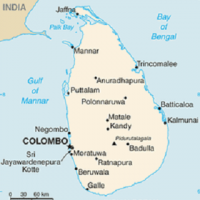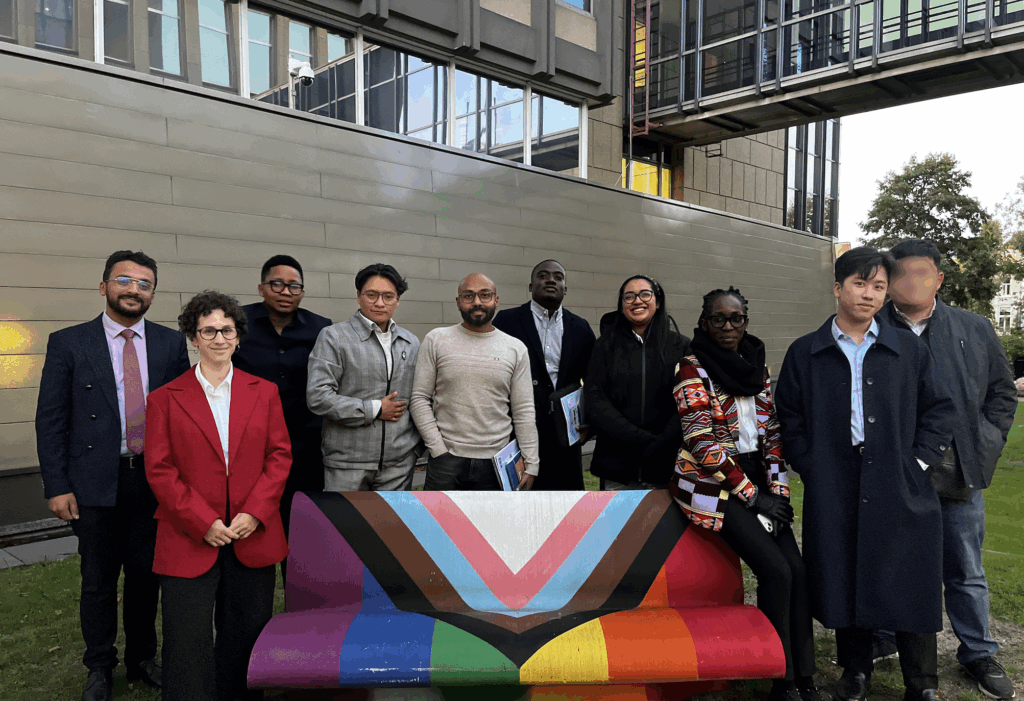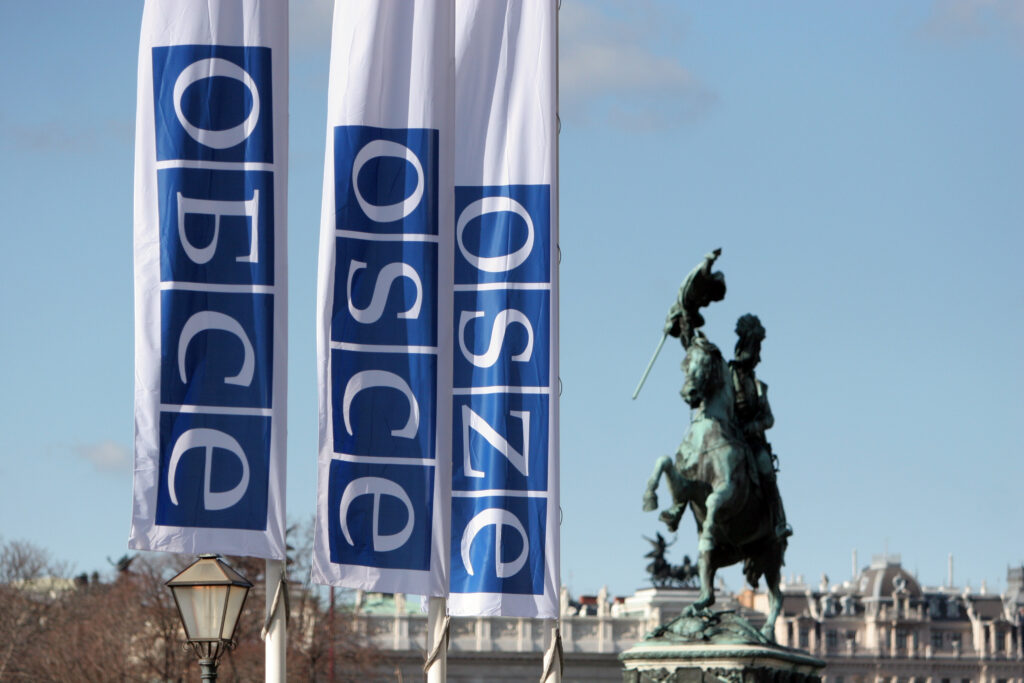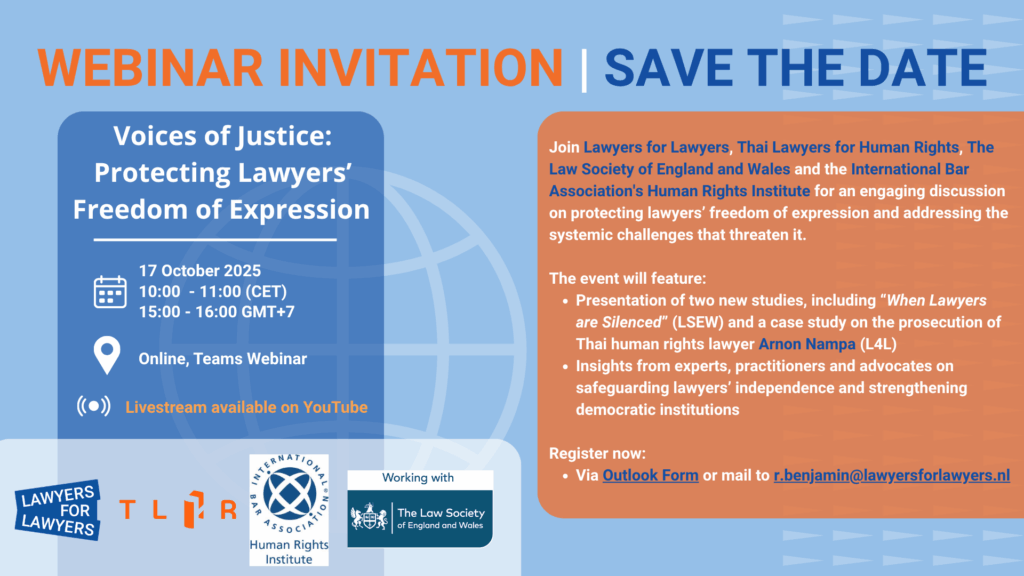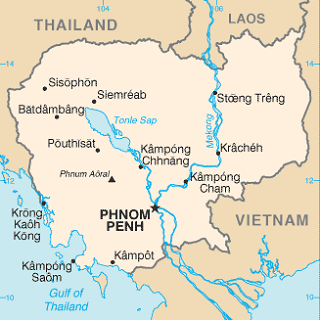On 6 March, Lawyers for Lawyers delivered an oral statement on Sri Lanka during the 137th session of the Human Rights Committee. During this session, the Human Rights Committee reviewed Sri Lanka’s compliance with its international human rights obligations, and more in particular the implementation of the International Covenant on Civil and Political Rights by Sri Lanka.
The statement reads as follows:
Dear Chair, Excellencies, members of the Human Rights Committee, Ladies and Gentlemen,
Lawyers for Lawyersi wishes to bring to the Committee’s attention the failure of the authorities of Sri Lanka to uphold the necessary guarantees for the proper functioning of the legal profession in practice.
Lawyers play a vital role in the protection of the rule of law and human rights. It is the responsibility of lawyers to protect and establish the rights of citizens in whatever quarter they may be threatened. Their work is indispensable for ensuring effective access to justice for all. To fulfil their professional duties effectively, lawyers should be able to practice law freely and independently, without any fear of reprisal.
Lawyers in Sri Lanka are increasingly the subject of harassment and intimidation. This is in particular the case for lawyers working on politically sensitive cases, such as protesters’ rights or minority rights. Over the past year, lawyers in Sri Lanka have played a crucial role in safeguarding the right to assembly of peaceful protesters. During the protests in April 2022, a large number of lawyers came together to represent arrested protesters. The lawyers also represented peaceful protesters in opposing applications from the police to forcefully remove them from the protest site. After the protests turned violent in May 2022, certain parties started spreading negative rhetoric blaming the legal community for hindering the police and allowing the violence to happen. As a result of this negative rhetoric, which is still continuing, lawyers started getting harassed. Consequently, lawyers in Sri Lanka have become more careful in monitoring the protests and taking up cases of protestors.ii
There are also lawyers who are subjected to arrest, criminal investigations and proceedings in connection with their legitimate activities as attorneys. An example of a lawyer being arrested and prosecuted is Hejaaz Hizbullah. Mr Hizbullah acted as legal counsel for Muslim victims of human rights violations. He was arrested under the Prevention of Terrorism Act (PTA) on 14 April 2020 and later charged with several offences relating to national securityiii, despite a lack of evidence. Mr. Hizbullah was held in custody for almost two years until his release on bail on 9 February 2022. The charges against Mr. Hizbullah have not been dropped, even though still no credible evidence has been brought forward against him. The example of Mr Hizbullah, who was the first lawyer to be prosecuted under the PTA, shows how the vague wordings of its provisions allow for arbitrary arrest and prosecution.iv
Another issue of concern is that lawyers have difficulty accessing their clients when they are detained. This is especially the case with clients from minority backgrounds, clients who have been arrested under the PTA, and clients who have been arrested in relation to protests. Lawyers have also reported not being able to have confidential meetings with their clients in prison and have shared strong concerns regarding surveillance of their personal and professional communications.v
Lawyers for Lawyers calls on the Human Rights Committee to call on the Sri Lankan authorities to immediately take steps to provide, in practice, effective protection to lawyers, and refrain from taking any measures that may constitute harassment or persecution or undue interference in the exercise of their work.
On 30 May 2022, Lawyers for Lawyers made a submission to the Human Rights Committee to inform them of the situation of lawyers in Sri Lanka.
